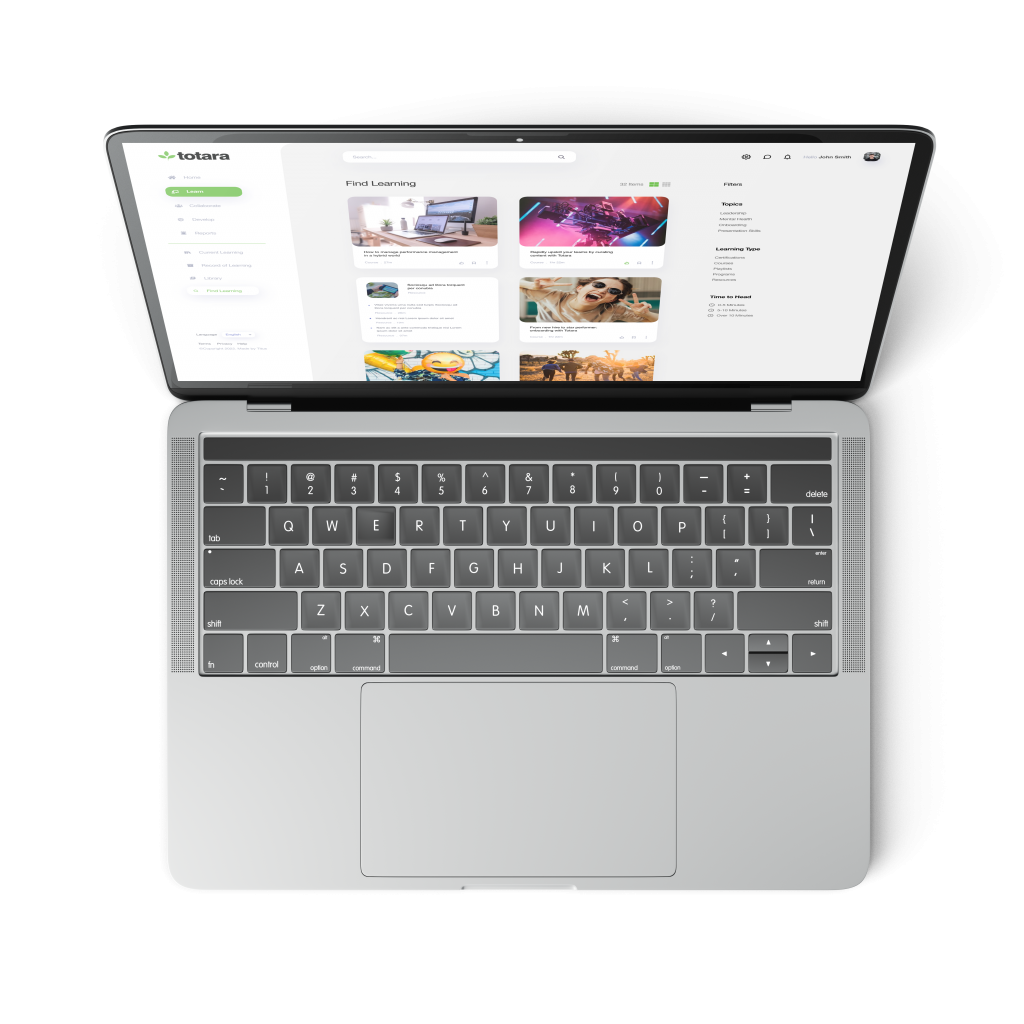A recent global study by the Organisation for Economic Co-operation and Development has suggested that schools’ investment in classroom technology may not have the positive effect on results that many institutions had hoped for. The report concluded that education systems which had invested in technology in the classroom on a large scale had not seen noticeable improvements in key markers such as Pisa test scores. (Read the BBC News article here).
A closer look at the findings, however, reveals that the answer is not as simple as reducing investment. Indeed, the report’s author, Andreas Schleicher says the findings of the report should not provide an excuse not to use technology, but prompt schools to use technology more effectively.
At Titus Learning, this is a topic which comes up frequently when discussing e-learning with schools. If a school invests heavily in classroom technology, whether hardware or software, without carefully considering how this new technology will be implemented and used, it’s easy to see how funds could be wasted.
There are several key areas which we think need to be considered when assessing whether to invest in educational technology.
Training
It’s imperative that any budget for a new investment in technology includes provision for extensive and effective training for users. Technology can only support learning where teachers and students are both confident and competent in their use of the relevant tools. Too often training is seen as an afterthought, which leads to expensive technology lying unused.
Implementation
As well as ensuring the users are able to take advantage of the technology, another vital consideration is how the new tools will be integrated into teaching and learning within the school. Without a solid and well considered implementation plan for any new investment, it’s difficult to gain widespread adoption among the staff and student body.
Balancing hardware, software and infrastructure
Investing heavily in laptops for students, if your school has no learning platform in place, or purchasing a new VLE if most of your students have no Internet access from home are clear examples of how an unbalanced approach to new technology in the classroom can be wasteful. With each new spending decision, careful consideration needs to be given to how the new tools will fit into and support your existing technological provision.
Guidance in e-learning approaches
One criticism of increased Internet access in schools is that it encourages a “copy and paste” approach to learning. Giving students access to the vast collection of information and resources that the web provides, without proper guidance on how to utilise it critically and effectively can clearly lead to such problems. With proper instruction however, informed use of the web is an incredibly powerful tool for research and independent learning.
Managing expectations
It’s important to remember that investment in technology, whether in computers, or tablets, or learning platforms, is an investment in tools. New technology alone won’t change the face of teaching and learning any more than a set of new textbooks, or a new science lab. What it will do is facilitate new, exciting and engaging ways of learning which, approached in the right way certainly have the potential to increase achievement.
If there is a lesson to be taken from the OECD study, it is that investing in technology in the classroom is vital, given the increasing need for a web literate workforce, but that it must be guided by careful analysis of educational needs, and must fit into an overall implementation plan. In the right context, where technology supports teaching and learning, rather than being expected to replace it, such tools are an integral part of the future of education.






